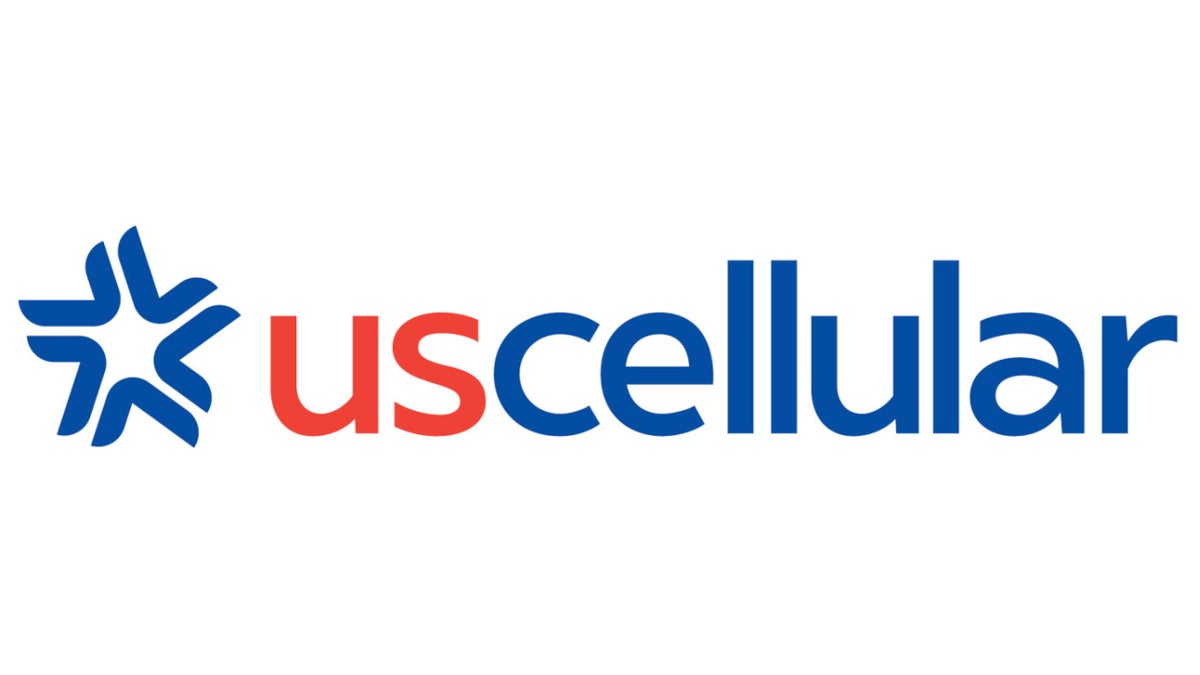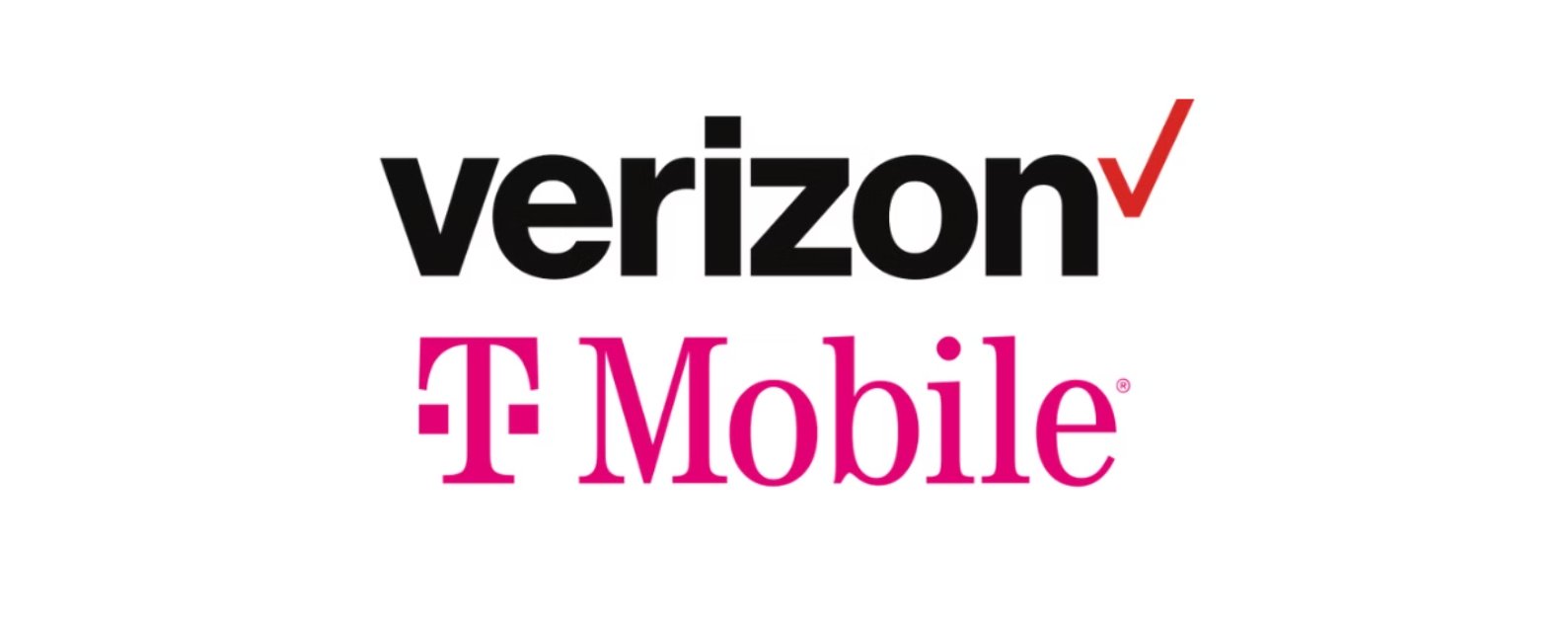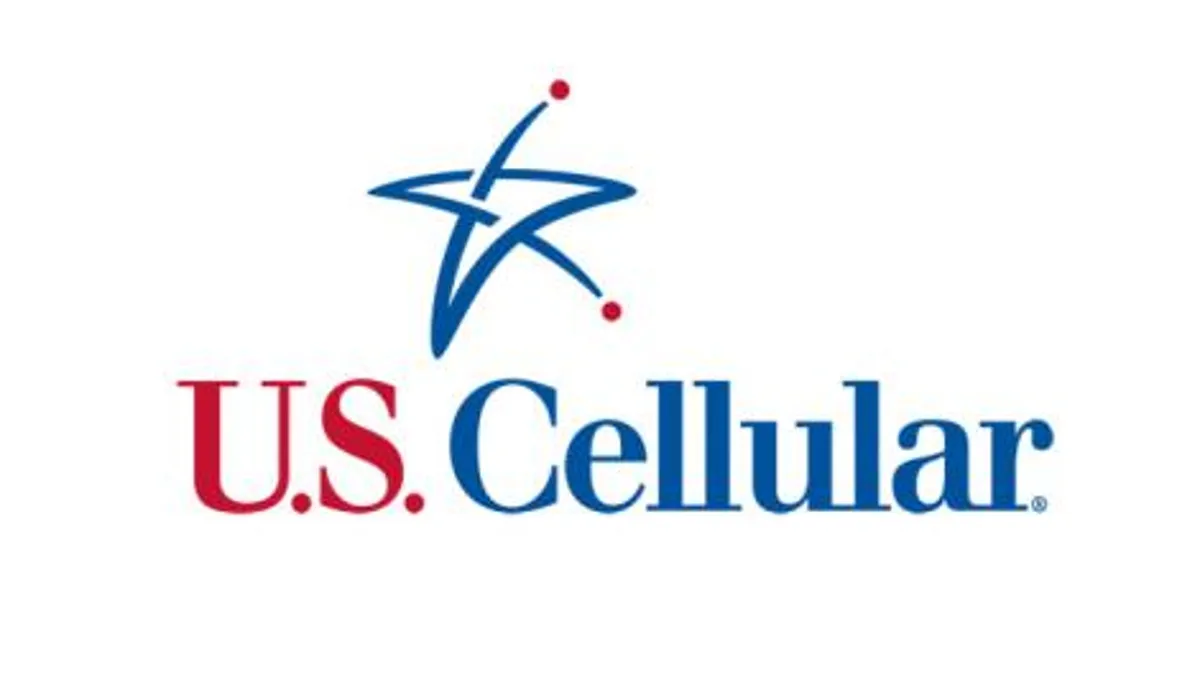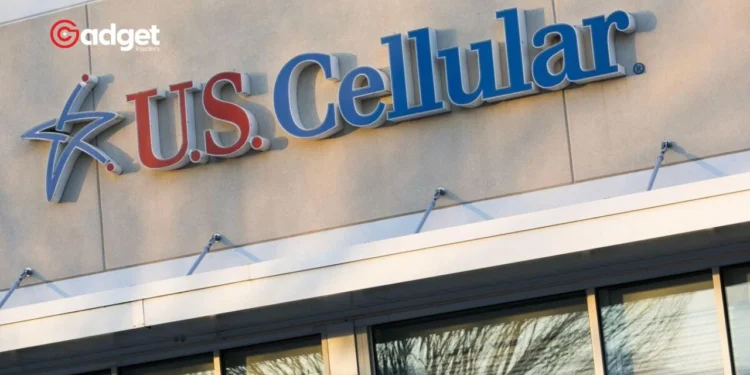In a bold move that could reshape the competitive landscape of the US cellular industry, T-Mobile and Verizon are reported to be in advanced negotiations to acquire US Cellular. This news follows T-Mobile’s recent purchase of Mint Mobile for $1.3 billion, signaling a potentially aggressive expansion strategy.
According to The Wall Street Journal, the two telecom giants are dividing their acquisition targets to sidestep potential regulatory hurdles, with T-Mobile eyeing a significant portion of the company’s assets valued at roughly $2 billion.

US Cellular: A Strategic Divide to Avoid Regulatory Roadblocks
The division of acquisition stakes between T-Mobile and Verizon is a strategic one, designed to appease regulatory authorities and prevent any monopolistic disadvantages. While T-Mobile is set to take over a substantial part of US Cellular, Verizon will acquire the remaining assets, pending approval from US authorities.
This meticulous division is intended to ensure the deal does not stifle competition within the market. With T-Mobile holding 117.9 million subscribers and Verizon leading with 144.8 million, their combined influence is substantial.
US Cellular to be acquired by T-Mobile and Verizon https://t.co/SnmZMlTFv4 #android #tech
— Android Headlines (@Androidheadline) May 11, 2024
Expanding Reach Through Spectrum Acquisition
The pursuit of US Cellular is not just about expanding subscriber numbers; it’s a strategic move to acquire valuable spectrum licenses.
As reported, the acquisition would give T-Mobile and Verizon access to over 51 million spectrum licenses, a crucial asset in the increasingly digital and mobile-first world. These licenses are particularly valuable in areas not currently covered by the major players, where US Cellular has traditionally held strong.

Implications for the Market and Consumers
The potential acquisition raises questions about the future landscape of the US cellular market. With US Cellular’s 4000 cellular towers reportedly not part of the deal, according to Phone Arena, the focus remains on the spectrum and subscriber assets.
However, this consolidation could lead to fewer choices for consumers, potentially triggering increased scrutiny from regulatory bodies. This scenario echoes T-Mobile’s previous acquisition of Sprint, which was only approved after significant concessions, including the facilitation of Dish as a new major player in the market.

As the details of this deal continue to unfold, industry observers and consumers alike will be watching closely to see how this acquisition could impact service options, pricing, and innovation in a market that is pivotal to the US economy.
The outcome of this deal could very well determine the strategic directions of these telecom behemoths for years to come.










